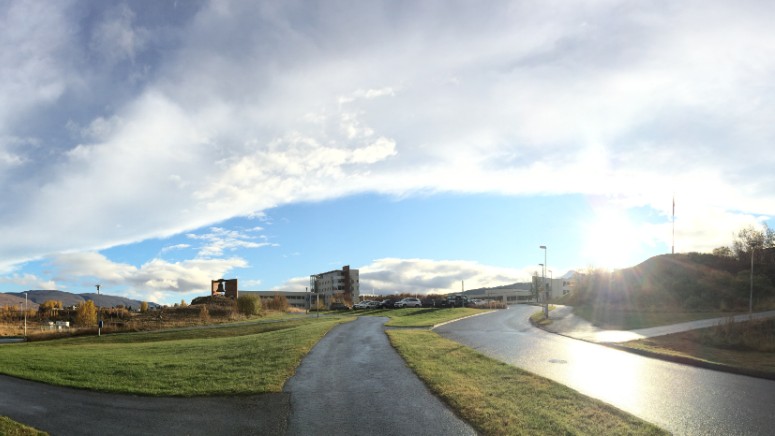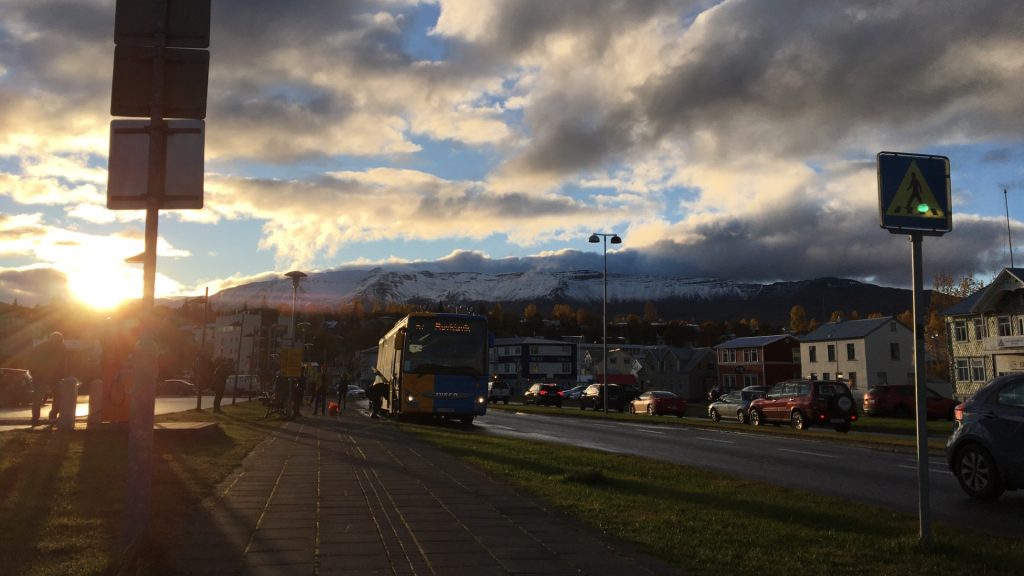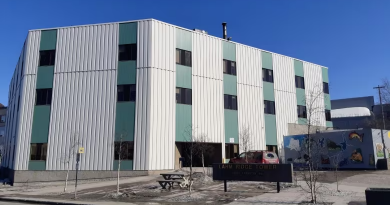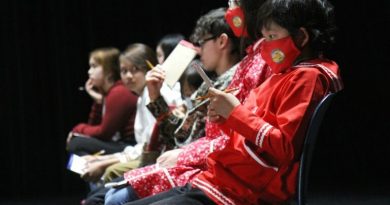Iceland eases COVID-19 rules for educational institutions, sporting events

Iceland has eased COVID-19 social distancing rules at certain educational institutions and for sporting events as of August 14.
Social distancing guidelines at colleges and universities were reduced from two metres, to one metre without a mask, as of Friday, the government said in a news release.
The educational institutions will be required to clean and disinfect common areas and equipment once a day.
Contact sports allowed
Contact in sport between athletes will also be allowed during training and competitions, but the two-metre social distancing rule is sill expected to be followed in all other contexts including in change rooms.
Coaches, trainers and volunteers are also still expected to respect the two-metre social distancing rule at all times.

The government said its border screening measures will remain in place as is until September 15.
Since February 28, Iceland has reported 1,983 confirmed COVID-19 infections and 10 deaths.
As of Friday, health authorities reported 21 infections per 100,000 people over the last 14 days.
Write to Eilís Quinn at eilis.quinn(at)cbc.ca
Related stories from around the North:
Canada: Inuit gov. in Labrador, Canada tells out-of-province travellers to stay away despite ‘Atlantic bubble’, Eye on the Arctic
Finland: Finland joins other Nordic countries in virtual tourism due to pandemic, Yle News
Greenland: Greenland changes COVID-19 rules for travellers from Iceland, Faroe Islands, Eye on the Arctic
Iceland: Iceland reinstates COVID-19 restrictions after spike in domestic infections, Eye on the Arctic
Norway: Norwegian Arctic wilderness tourism hit particularly hard by coronavirus, The Independent Barents Observer
Russia: All Russia’s North Pole cruises rescheduled to 2021, Eye on the Arctic
Sweden: Sweden seen as major source of COVID-19 in Western Finland region, Yle News
United States: Airline shutdown creates new challenges for rural Alaska, The Associated Press



